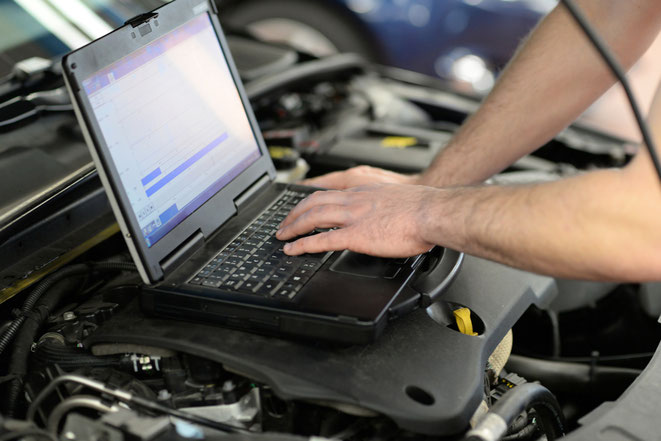In the labyrinth of the automotive industry, where countless makes and models race through highways and byways, one crucial player remains somewhat hidden but pivotal: the vehicle appraiser. Often overlooked amidst the glamour of sleek car kfz gutachter regensburg and the thrill of the open road, the appraiser holds the key to unlocking the value of these machines, providing essential insights for buyers, sellers, insurers, and enthusiasts alike.
What Does a Vehicle Appraiser Do?
At its core, the role of a vehicle appraiser is to assess the worth of automobiles. This evaluation can encompass various factors, including the vehicle’s condition, mileage, age, modifications, and market demand. Appraisers may work for insurance companies, automotive dealerships, auction houses, or independent appraisal firms. Their assessments are critical in determining insurance premiums, resale values, and the overall financial worth of a vehicle.
The Art and Science of Appraisal
While there are guidelines and methodologies for vehicle appraisal, it’s also an art form. A skilled appraiser doesn’t merely crunch numbers; they possess an intuitive understanding of the automotive landscape. They can discern the subtle nuances that differentiate a well-maintained classic from a tired relic and accurately gauge the impact of modifications on a car’s value.
Moreover, appraisers must stay abreast of market trends, technological advancements, and regulatory changes that can influence valuation criteria. In an industry where innovation is constant and tastes evolve rapidly, adaptability and continuous learning are indispensable traits.
Navigating Complexities
Vehicle appraisal isn’t always straightforward. Factors like accident history, salvage titles, and discrepancies in maintenance records can muddy the waters. In such cases, appraisers must exercise diligence and forensic scrutiny to unravel the vehicle’s history and arrive at a fair assessment. Their keen eye for detail and analytical prowess are invaluable in separating fact from fiction.
Additionally, appraisers must possess strong communication skills. They often interact with diverse stakeholders, explaining their findings in clear, concise terms and providing actionable recommendations. Whether negotiating with insurers, advising buyers, or representing sellers, effective communication is paramount to building trust and fostering successful outcomes.
The Rise of Digital Tools
In an increasingly digital world, vehicle appraisers are harnessing technology to streamline their workflows and enhance accuracy. Advanced software solutions leverage data analytics, machine learning, and artificial intelligence to automate routine tasks, analyze vast datasets, and generate comprehensive reports swiftly. These tools empower appraisers to focus their expertise on nuanced judgments and complex cases, elevating the quality of their service.
The Human Touch
However, amidst the influx of technological innovations, the human touch remains irreplaceable. While algorithms can crunch numbers, they can’t replicate the intuition and empathy of a seasoned appraiser. A computer might quantify a vehicle’s features, but it takes a discerning eye to appreciate its soul—the intangible qualities that make driving an experience rather than just a transaction.
Conclusion
In the intricate tapestry of the automotive ecosystem, the vehicle appraiser occupies a vital niche. Their expertise illuminates the path for buyers and sellers, guiding them through the labyrinth of valuation and ensuring equitable transactions. As the automotive landscape continues to evolve, the role of the appraiser will remain indispensable, a steadfast guardian of value in an ever-changing world.



